Gut Microbiome Test XL
We offer two types of tests; Lab Tests and Rapid Tests. This product is under the category Lab Tests. See all our Lab Tests by following the link.
See allWe offer several different options of testing methods. This test is done with Stool. See all tests done with Stool by following the link.
See allThe Gut Microbiome Test XL is for those who really want to understand their health. Whether you have IBS/IBD, stomach issues like Crohn’s disease or ulcerative colitis, weight problems, diseases such as Parkinson’s or Alzheimer’s, depression, or other diffuse problems with no apparent cause, this test can provide answers to any gut imbalances you may have. It is our most comprehensive and best-selling gut health test.
If you’re dealing with IBS, consider combining this with our SIBO Test to further investigate potential root causes of your symptoms.
- In stock
- At-home tests
- Fast delivery

Get 5% off on 2 Lab tests, and 10% off on 3 Lab tests or more.
Which bacteria are measured in the Gut Microbiome test XL?
Which yeasts are analyzed?
What else is analyzed in the test?
GetTested's Gut Microbiome Test XL
GetTested's Gut Microbiome Test XL is our most detailed test for assessing gut health. It checks for leaky gut, yeast overgrowths like Candida, and beneficial bacteria such as Lactobacillus and Bifidobacterium. Additionally, this test evaluates your digestion, inflammation markers, and more.
Why "Gut Test for Stressed People"?
At GetTested, we often refer to this test as perfect for those experiencing stress. Stress affects energy, mood, and notably, digestion. It triggers the sympathetic nervous system and dampens the parasympathetic system, disrupting digestive functions. An unbalanced gut can significantly affect overall body health, highlighting the 'Gut-Brain connection'. Studies link gut health with mental conditions, including depression, autism, Parkinson's, and Alzheimer's.
Understanding Leaky Gut
The term 'leaky gut' refers to a condition where the intestinal lining becomes overly permeable. This allows particles like undigested food and bacteria to seep into the bloodstream. The immune system reacts to these foreign substances, potentially leading to conditions like hypothyroidism, psoriasis, multiple sclerosis, allergies, IBS, and various autoimmune diseases. Symptoms range from food intolerances and fatigue to brain fog, skin problems, and depression. Testing for leaky gut is essential in identifying and managing these health issues.
Who Should Take GetTested's Gut Microbiome Test XL?
Anyone looking for a thorough analysis of their gut health will find this test beneficial. It's especially useful for those with digestive issues like IBS, Crohn's, ulcerative colitis, weight challenges, Parkinson's, Alzheimer's, depression, or those just wanting to optimize their overall health.
How to Take the Test
All of GetTested's health tests, including this stool test, are designed for easy at-home use. The test kit includes everything needed. After completing the test, send it to our ISO-certified lab. Your digital results will be promptly sent to you.
FAQ
How is the Gut Microbiome test XL carried out?
Who should get a Gut Microbiome test XL?
How quickly will I receive my results?
Anything to cosider before taking the test?
Does histamine in stool show if I have histamine intolerance?
Example Report
Example of Gut Microbiome Test XL
Reviews
-
The journey into understanding one's own body can be both daunting and enlightening. The Gut Microbiome Test XL by GetTested offered me a roadmap into the complex world of my gut. From the very start, the experience was seamless. The kit arrived promptly, and the collection process was straightforward. But the real revelation came with the results. The extensive data painted a vivid picture of my gut's landscape, explaining so much about my digestion, energy levels, and even mood fluctuations. With these insights, I've embarked on a tailored nutritional journey, which has translated to better digestion, fewer discomforts, and improved vitality. For anyone curious about their internal health, this test offers invaluable insights.
-
The kit rolled in, super easy to use (even for me, and trust me, I've botched up DIY stuff before). Got the results and made a few tweaks to my diet based on the intel, and honestly? Feeling way more in tune with my inner self. If you're looking to fix your gut, this is your jam! :) .
Related Products
-
Celiac/Gluten Intolerance Test
Experience the simplicity of tracking your gluten sensitivity using GetTested's Celia...€ 19,00 Add to cart -
DNA Gut Health Test
The DNA Gut Health test from GetTested provides a detailed genetic analysis of 219 ge...€ 159,00 Add to cart -
Food Intolerance 40 items
Do you experience hypersensitivity to certain foods? Food intolerance symptoms, in co...Original price was: € 79,00.€ 69,00Current price is: € 69,00. Add to cart -
Parasite test
GetTested's Rapid Parasite Test offers an easy way to detect Entamoeba histolytica, G...€ 39,00 Add to cart -
SIBO Test
The SIBO test is recommended if you suspect a bacterial overgrowth in the small intes...Original price was: € 189,00.€ 169,00Current price is: € 169,00. Add to cart
You may also like…
Trusted by over 10.000+ customers


“The home test was straightforward with easy to follow instructions. The test result was detailed and clear in its presentation. Also had the opport...”
Richard

“We looked at a lot of companies offering the same services but made the decision to go forward with get tested because the labs are based here in t...”
Natasha

“There are other providers out there, I have tried 3. Gettested was the fastest and the customer service was the best. I even received my test on th...”
Alan

“Absolutely perfect, results came after few days and finally after a lots of times visited GP, we finally know why my son has eczema - he is allergy...”
E

“I found them to be professional and not too long a wait for results. Helpful with any after questions. Will be using them again if need be. I highl...”
Eileen

“I really value my test and to see the results. It is a jungle when your health is online. So get accurate and precise knowledge is a gift, as it is...”




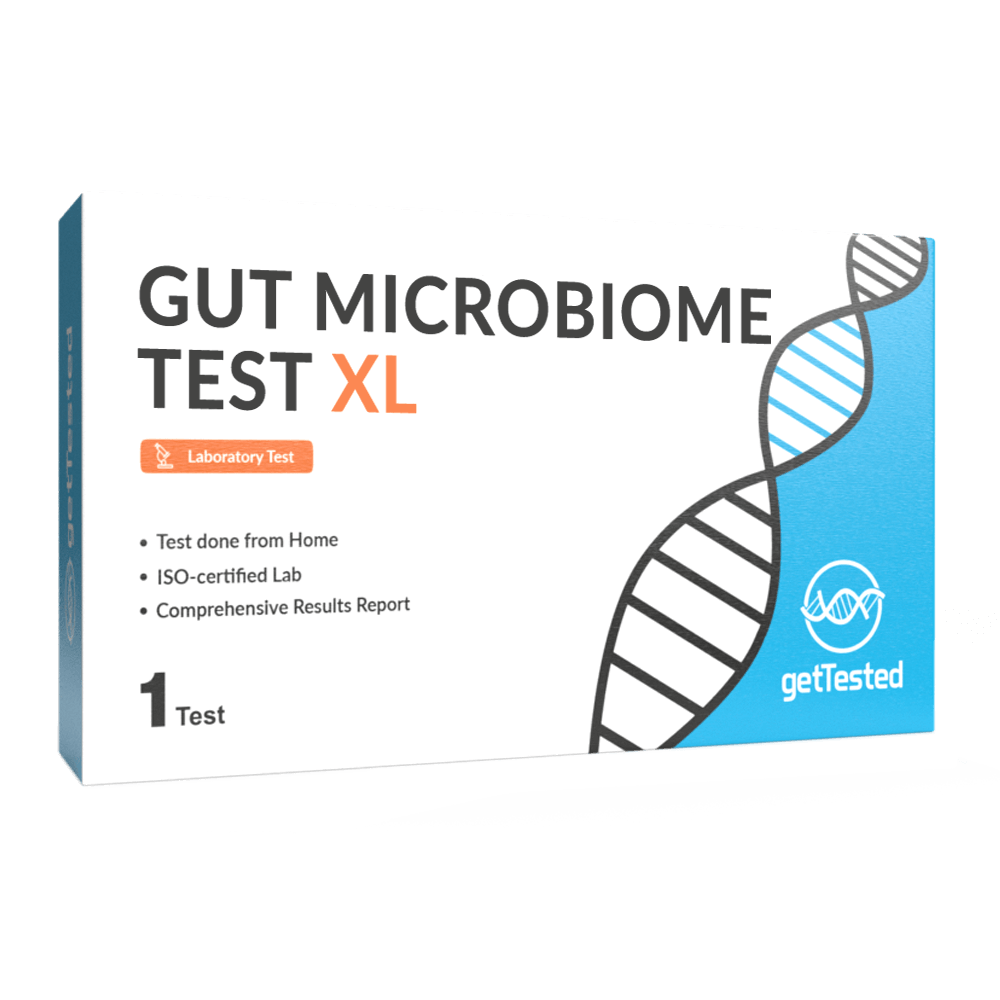
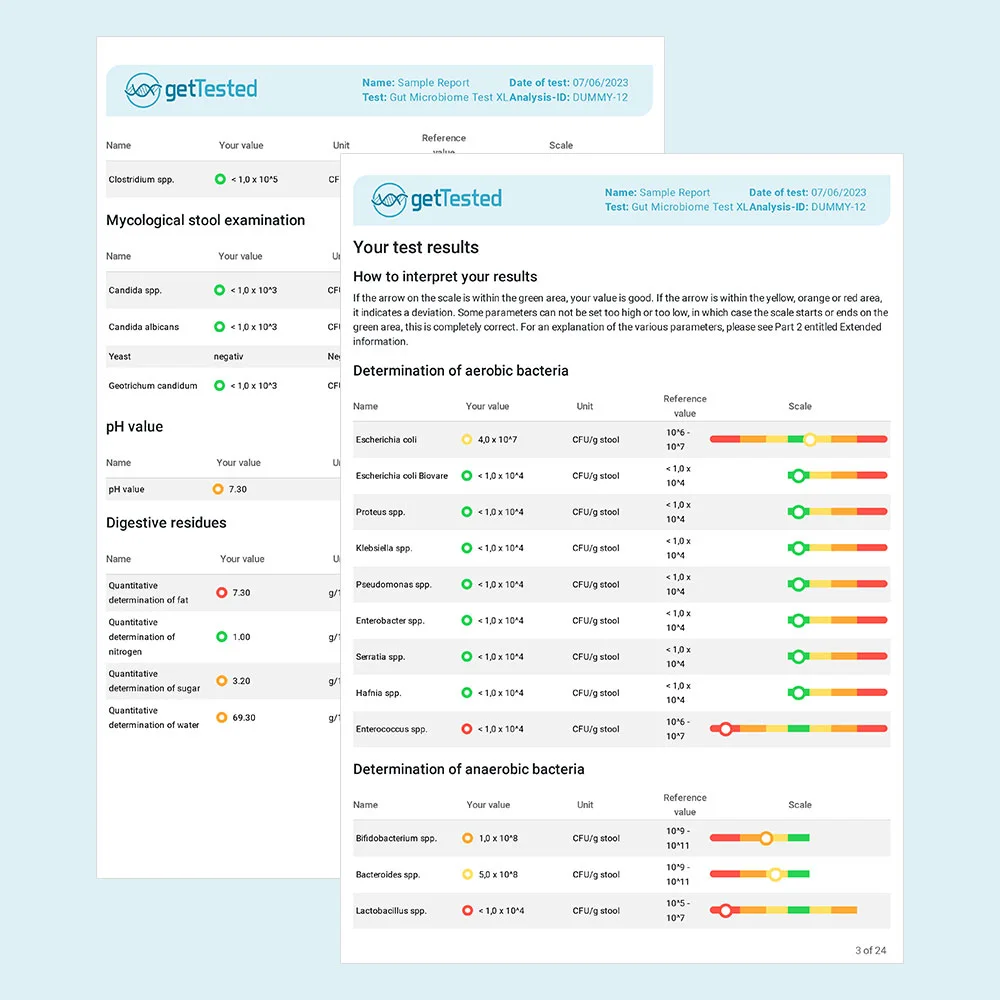

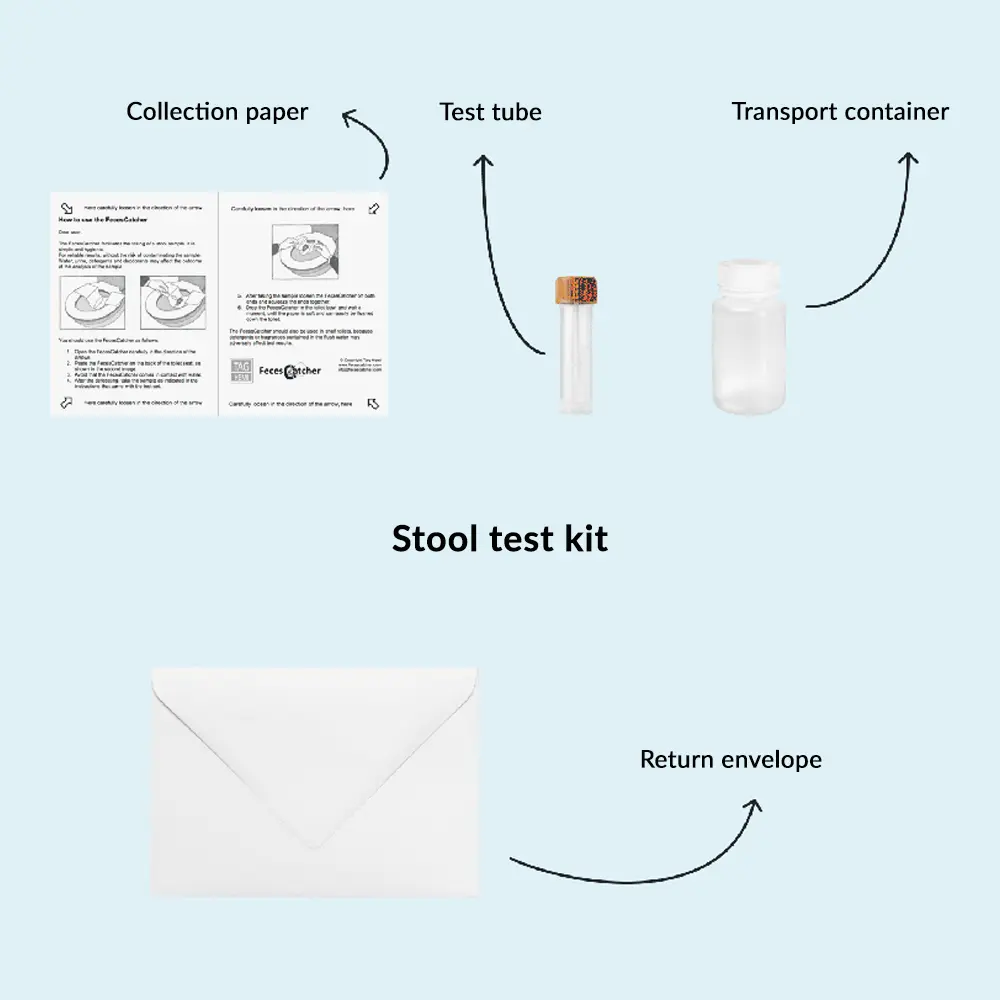
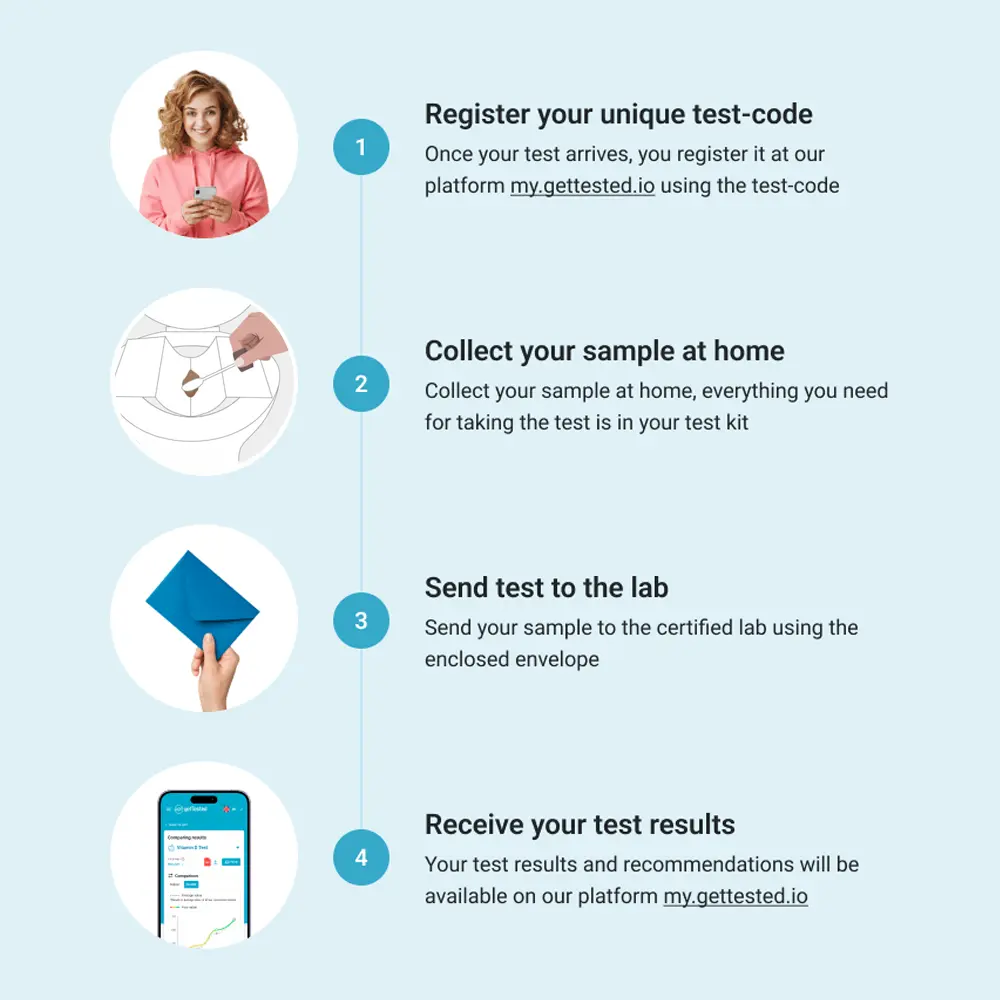
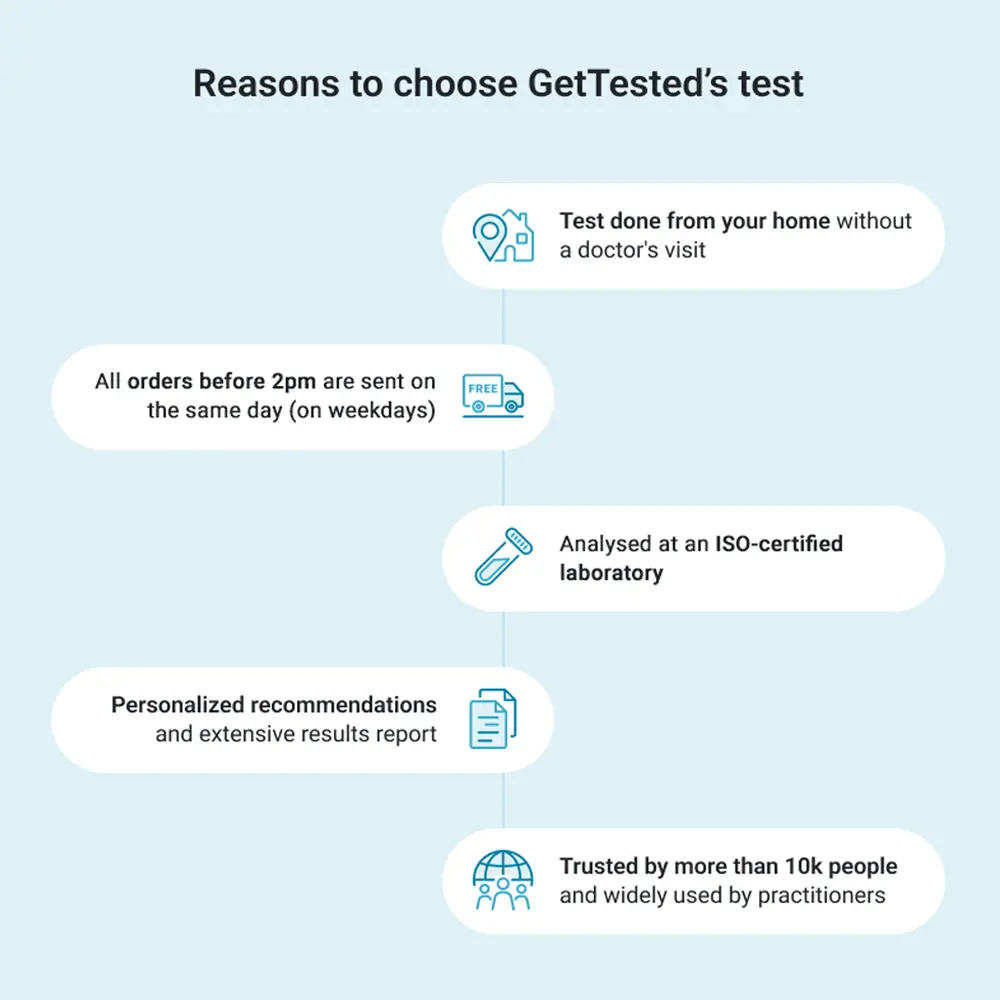



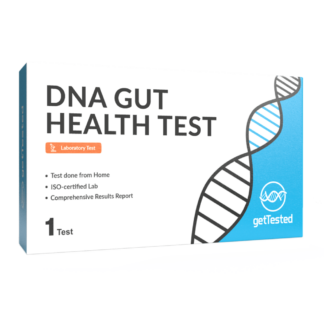
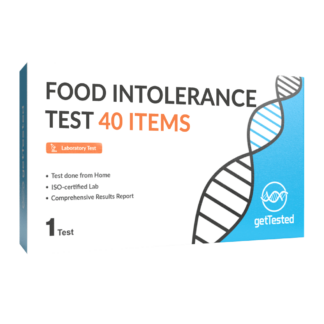

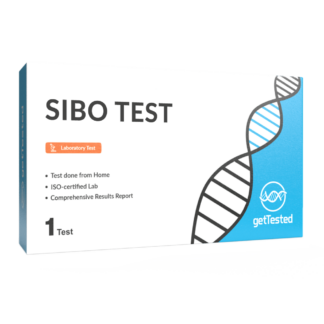


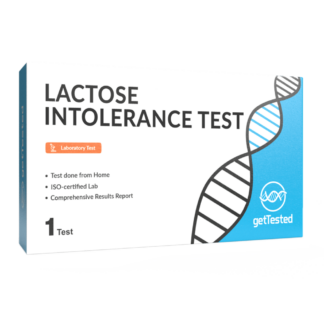
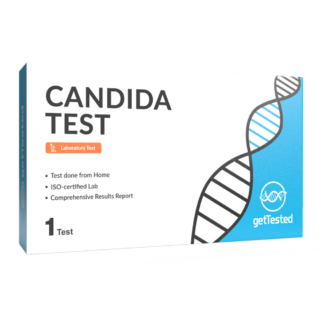












Leave a Reply